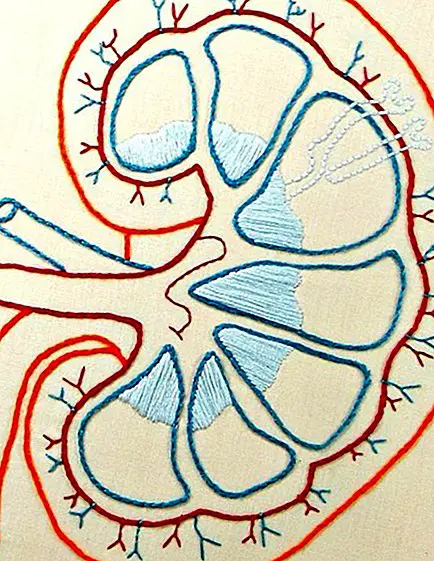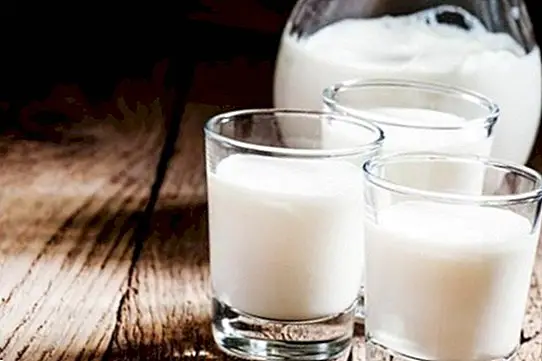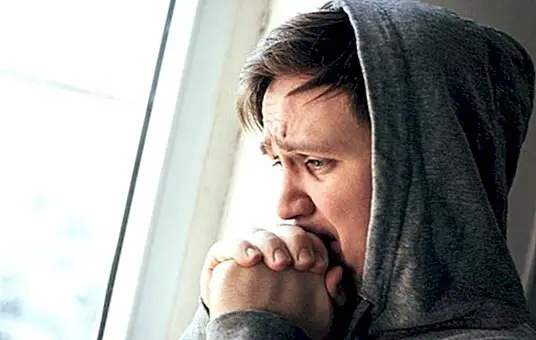Kidney pain: symptoms, causes and treatment
The kidneys are fundamental organs in the process of both detoxification and purification of our body, mainly for something very simple: they are responsible for the elimination of those toxins and rights that our body does not need, through urine. In fact, they become one of the main filters of our blood, retaining what our body can use, and eliminating what is not necessary.
We can also mention other important functions of the kidneys, such as a very prominent: they are responsible for regulating not only blood pressure, but the proper hydrosaline balance of our body. While, on the other hand, they stimulate the production of red blood cells in the blood.

When a person talks about Kidneys pain refers primarily to the presence of pain or discomfort located in the side. However, it is important to keep in mind that although the side hurts, it can actually be a discomfort not produced by the kidneys, since we find many other organs in that area.
Symptoms of kidney pain
Fundamentally the person complaining of pain in the kidneys refers to feel discomfort or pain on either side. This pain tends to be constant, especially if infection has occurred. And in the presence of stones or stones, the pain tends to be very intense, deep and sharp. It is common for kidney pain to concentrate on only one side, and then progressively move towards the center.
On the other hand, when kidney pain occurs it is usually accompanied by nausea, vomiting and fever.
It can also become confused with the pain caused by low back pain.
Causes of kidney pain
There are several Causes that can cause the appearance of Kidneys pain:
- Kidney cysts
- Stones in the kidney (kidney stones), medically known as nephrolithiasis.
- Nephritis: inflammation of the kidney.
- Pyelonephritis: inflammation of the kidney and pelvis.
- Tuberculous nephritis (or renal tuberculosis).
- Infections
- Kidney cancer.
These causes include the presence of genetic problems, the consumption of certain medications or that there have been injuries to the kidneys.
An example is diabetes or the presence of high blood pressure, since they are two problems that increase the risk of suffering from kidney disease. On the other hand, it is known that having a close relative with kidney problems can influence a person also suffer.
Treatment of kidney pain
After a correct diagnosis by the medical specialist (we must always avoid self-diagnoses), this will prescribe the best treatment depending on what was the cause that caused the onset of kidney pain.
If it is a pain caused by kidney stones, it is traditionally recommended to apply warm compresses on the back, while analgesics are advised as a pharmacological treatment. In more severe cases, extracorporeal shock wave lithotripsy is performed, which fragments the stone from the outside of the body with the help of an ultrasound.
From a natural point of view, it is advisable to follow a diet based on raw foods, especially recommended for the care of the kidneys. Highlights include asparagus, celery, cucumbers and green vegetables in general, as well as garlic, potatoes, legumes, seeds, watermelon, papaya and sprouts.
It is also recommended to purify the kidneys at least once a year.
Image | Hey Paul Studios This article is published for informational purposes only. It can not and should not replace the consultation with a Physician. We advise you to consult your Trusted Doctor. ThemesKidneys


